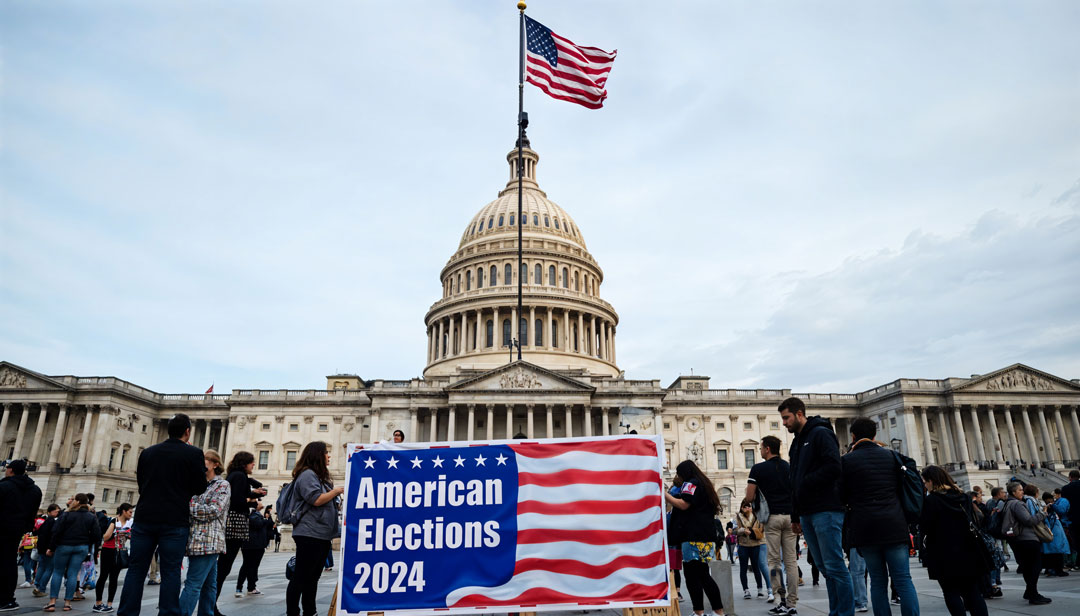

One of the most disturbing aspects of reporting season wasn’t the excessive negative market reactions to the likes of CSL and James Hardie, which looked over the top leading to some experts thinking that AI-driven bots are interfering with more usual market behaviour. No, the greatest worry has to be the incidence of gangs stealing products from some of the big name retailers, which is starting to affect profits and share prices.
The AFR looked at the warnings of Rob Scott, CEO of Wesfarmers that owns some of our biggest retailers in Kmart, Target, Officeworks and Bunnings, and Coles boss Leah Wickert. Both are very concerned about the rising incidence of theft in their businesses.
While Coles has bumped up its costs to improve security to prevent stock losses and threats to their staff, the criminals haven’t been beaten. Here’s Wickert’s take on the current situation: “Despite the investments that we’ve made in safety initiatives for our team, we are continuing to see increases in threatening situations in store. And it is definitely the case that in Victoria, retail crime is escalating more than what we are seeing in other states.”
Even more worrying is that this isn’t the work of petty criminals. “The vast majority of the threatening situations that are impacting customers and team members are actually perpetrated by organised crime gangs,” Scott revealed.
By the way, this is not only an Aussie problem. Arriving in London, our cabbie warned us to watch out for thieves on bikes who drive by and steal mobile phones. Others bail you up and steal your watch or other valuables. One man who fought back recently reportedly was killed.
Unsurprisingly, Nigel Farage, the guy who successfully sold Brexit to the Poms in 2016 has his own political party called Reform UK. Paul Whitely of the independent.co.uk reported that “recent voting intention polling from YouGov (May 27) shows Reform UK in first place, 8% ahead of Labour and 10% ahead of the Conservatives who are now in third place.”
Frustrated Britons aren’t happy. They don’t think the conventional parties are listening to them. In recent local elections in England, theReform UK party won 677 seats and took control of 10 local authorities.
This comes as another YouGov survey found that “82% of Britons consider the UK to be in a bad state, including 36% who see the country as being in a ‘very bad state. Only 14% think the UK is in good health, with just 1% proclaiming it to be in a “very good” state”.
I don’t think Australian voters are as angry as our UK cousins. However, if the current Federal Labor Government ignores the signs we’re seeing in Britain and we’ve already seen in the US, where Donald Trump is seen as the solution to perceived problems that a majority of voters were worried about, then this could be the last term for the Albanese Government.
As I say, I don’t think nationally Australians are as angry as UK, US and now French citizens, where the government faces a ‘no confidence’ vote and could soon lose power. But if the issues in Victoria spread nationally, the reputation of Labor governments could be in for a big slide.
When looking at the retail theft and violent crime affecting employees in these businesses, the AFR’s Chanticleer column pointed out the following: “Premier Jacinta Allan announced stronger laws for attacks on retail workers at the Labor Party’s state conference in May 2024, and said this week that she hoped to introduce that legislation this year.”
The newspaper’s James Thomson sensibly said: “This beggars belief. Even if we forget the impact on large retailers, the idea that the workers who bear the brunt of these attacks – often young people – should have to wait 18 months for greater protections is disgraceful. It’s another example of how we often scream about crises – like the one in housing affordability, and in the energy transition – and then fail to apply the required urgency to fix them.”
It's the failure of so-called sensible but gutless politicians that plays into the hands of extremists like Trump and Farage. Despite their often unreasonable solutions to problems in their countries, they’re at least listening to a big chunk of their voters and offer what looks like common sense policies. That’s why people vote for them.
Rob Scott agrees with Leah Wickert, who argues that a “combination of stronger laws (particularly around assault) and dedicated police resources (including the establishment of a retail crime taskforce) is a way to turn the tide”, the AFR reported.
It might be time for our politicians to redefine who are the victims in the new world of retail crime, e-bikes injuring and killing people, illegal tobacco sales and all the worrying trends emanating out of an internet run by people whose prime interest is how much money they can make.